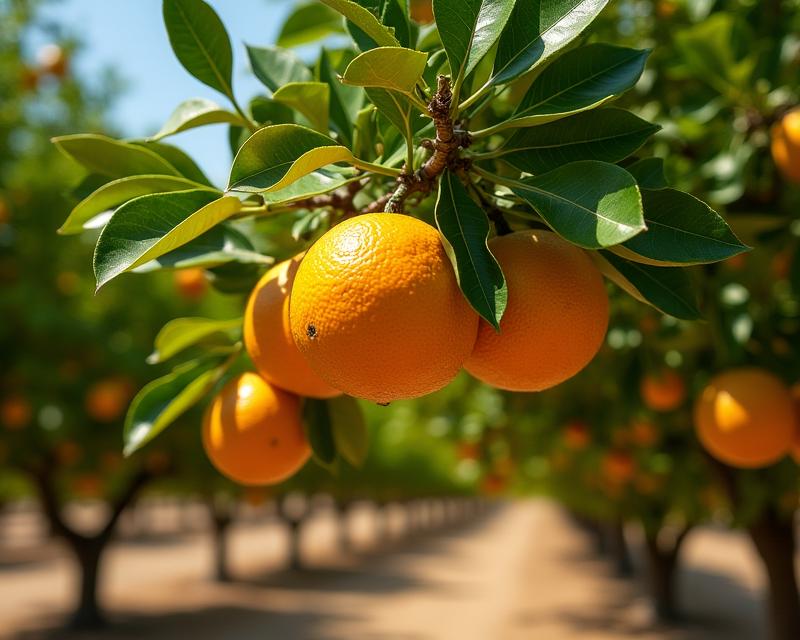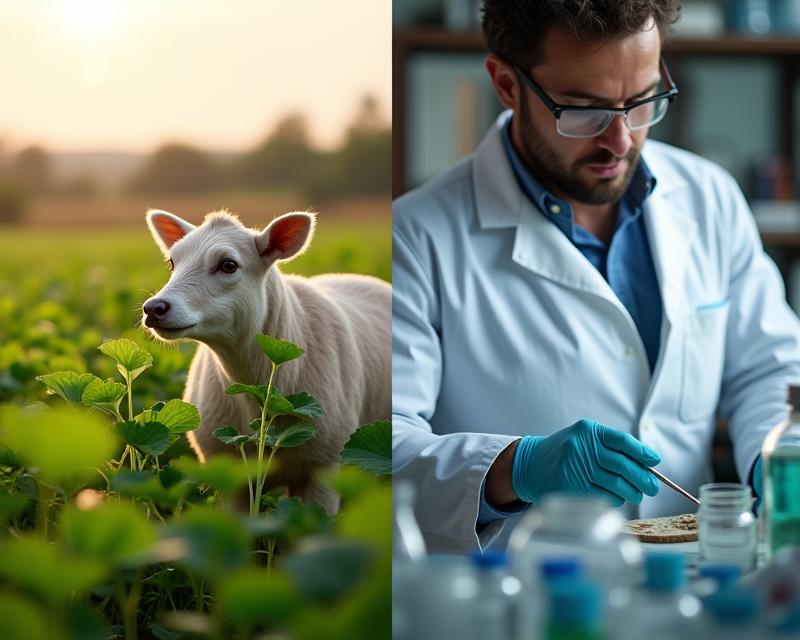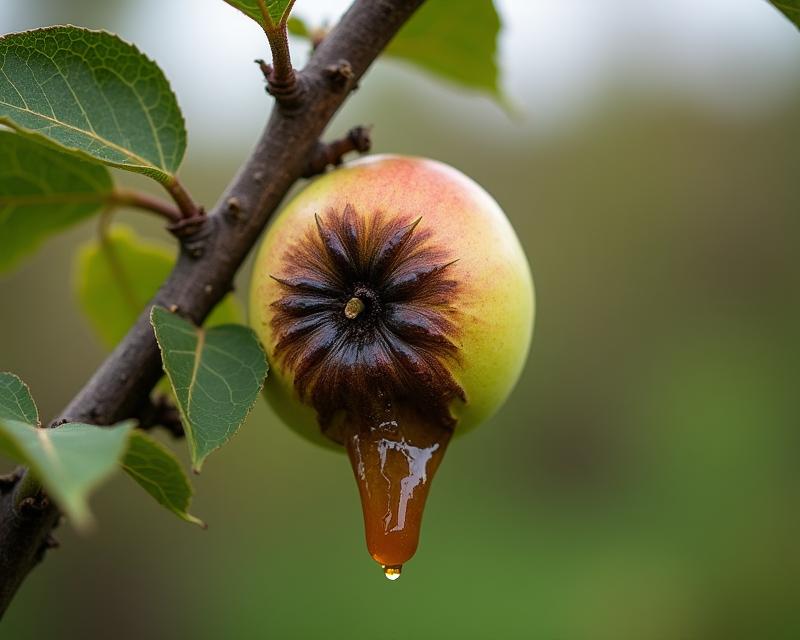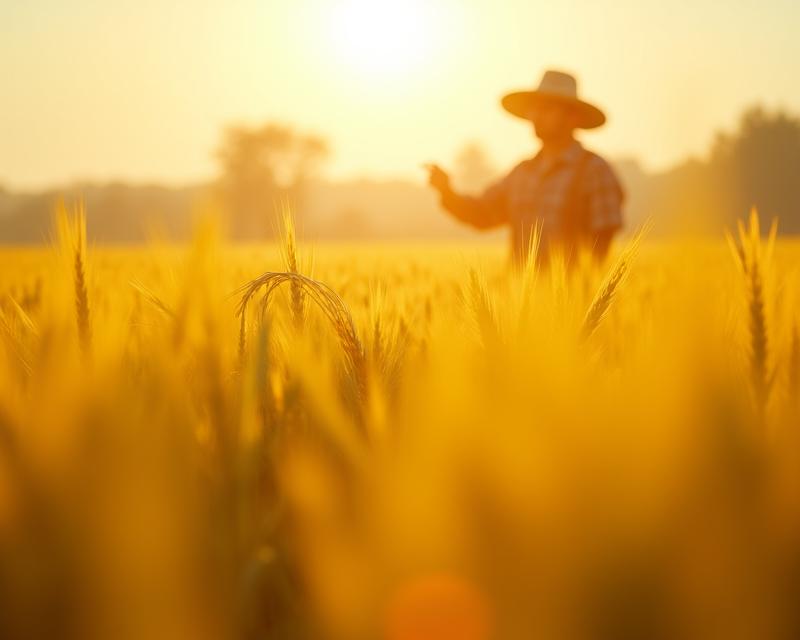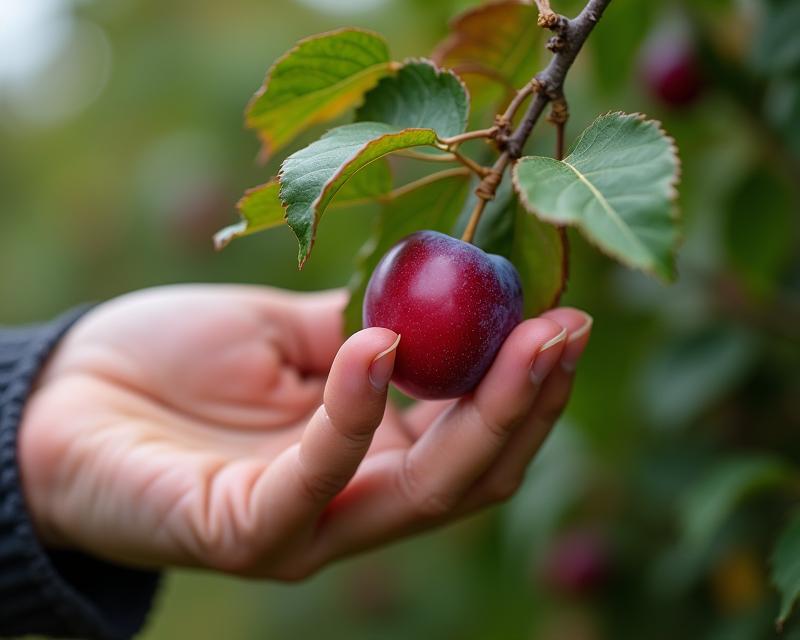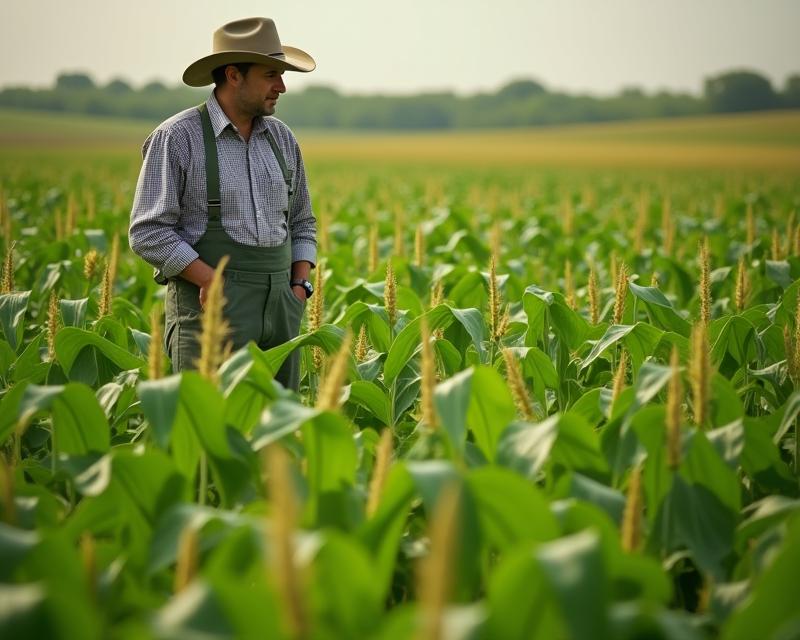Ethanol & Corn: What Farmers Need to Know
Publish in Crops el 01/07/2025 02:57
Ethanol's Impact on Corn: A Farmer's Guide
Hey everyone! Let's talk about corn – a staple crop for many of us. You might have heard about ethanol, a biofuel made from corn, and how it affects the market. Understanding this relationship is crucial for making smart decisions about your farm. It's a complex topic, but we'll break it down in a way that's easy to understand.
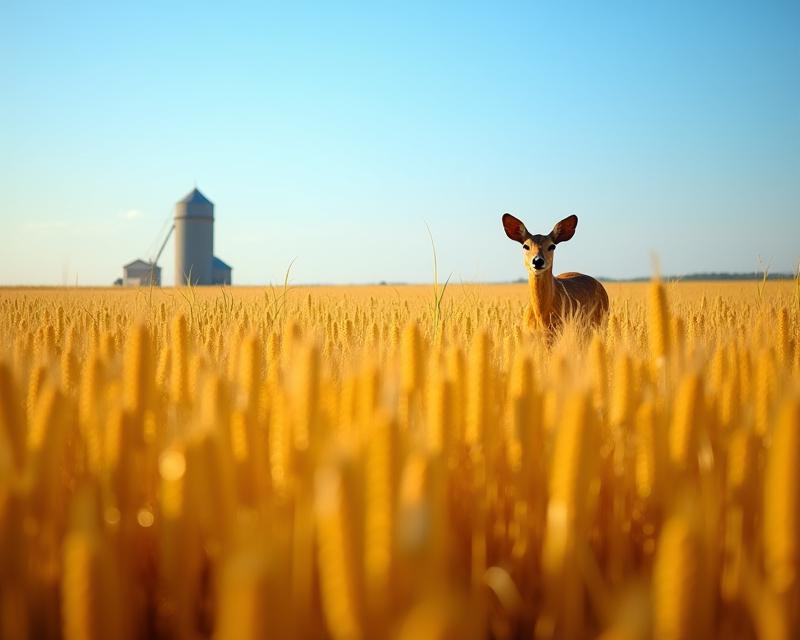
The Ethanol Connection
Ethanol is added to gasoline to increase octane and reduce emissions. The U.S. government has mandated the use of ethanol for years, creating a significant demand for corn. This demand has a direct impact on how much corn farmers plant and, ultimately, how much they get paid for it. Think of it like this: a big demand means more incentive to grow corn!
How Demand Affects Pricing
When the demand for ethanol is high, farmers are encouraged to plant more corn. This increased supply can sometimes lead to lower corn prices. Conversely, when ethanol demand slows down, farmers might shift to other crops, potentially increasing corn prices. It's a constant balancing act! Factors like government policies, global oil prices, and even weather patterns all play a role in influencing both ethanol demand and corn prices. Keep an eye on these factors to anticipate market trends.
What This Means for You
As farmers, understanding the ethanol market is essential for planning your crop rotations and financial strategies. Consider diversifying your crops to mitigate risk. Don't put all your eggs in one basket! Explore other market opportunities alongside corn. Staying informed about government regulations and market forecasts is also key. Resources like the USDA (United States Department of Agriculture) provide valuable data and analysis. Talking to other farmers in your area can also offer helpful insights and perspectives.
Looking Ahead
The future of ethanol and corn production is constantly evolving. New technologies and alternative biofuel sources are emerging. It's important to stay adaptable and informed to navigate these changes successfully. By understanding the dynamics of the ethanol market, you can make informed decisions that benefit your farm's long-term sustainability and profitability. Keep learning, keep adapting, and keep farming!
